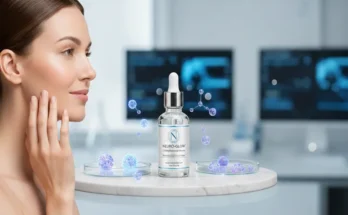There are several benefits of anti-reflective coating glasses for your eyes. This article outlines the costs, benefits, and recommendations. It will help you to determine whether these glasses are necessary or not. You can also learn about their disadvantages. Before purchasing any type of anti-reflective coating glasses, you should first know what you need them for.
Cost
Anti-reflective coating glasses are a good way to protect your eyes from glare and refraction. This type of coating reduces reflections by blocking specific wavelengths of light. These glasses are not inexpensive, but can improve your vision. Depending on the type of coating you need, they can range from $20 to $90. Often, insurance will cover the cost.
Anti-reflective coatings are available in different grades, and will increase your safety while driving at night. The best grades of anti-reflective coating glasses are the most expensive, but even mid-grade coatings offer excellent vision benefits.
Higher-end glasses may also come with better warranties and free lens replacements.
Benefits
Anti-reflective coating on glasses can improve their appearance and reduce the glare. This will help you see better and protect your eyes from UV rays. The coating also allows more light to pass through the lenses, which will result in clearer, sharper vision.
Anti-reflective coating can also increase the durability of glasses. The coating on glasses makes them more durable, making them less likely to scratch or break. Some examples of such glasses include TechShield line glasses and Crizal.
Recommendations
If you are interested in improving your vision by wearing glasses with an anti- reflective coating, your eye care professional can help you find a pair that meets your needs. Your eye care professional will ask you about the types of activities you do with your glasses and make a recommendation based on those answers. They will also consider your prescription, lifestyle, and preferences. If you decide to use a special coating, you should consider purchasing both the frames and lenses at the same location where you got your eye exam.
The main benefit of anti-reflective coating glasses is that they are less reflective and allow 8% more light into your eye. However, if you wear them for extended periods of time, the coating will wear down and scratch, which will affect your vision. Another disadvantage is that anti-reflective coatings tend to be more expensive than regular eyeglasses.
Disadvantages
Anti-reflective coating glasses can be a great advantage if you’re looking for a lens that will reduce glare and help you see fine details better. However, you should be aware of the disadvantages of this type of coating. These lenses tend to peel off and wear off more easily. It’s also best to postpone wearing them on young children.
Another disadvantage is the fact that lenses with this coating are prone to scratches and oily fingerprints. These lenses may require special cleaning cloths to avoid causing damage. Additionally, they may cause mild discomfort if touched. Some people experience allergies or rashes when they come into contact with anti- reflective lenses.





